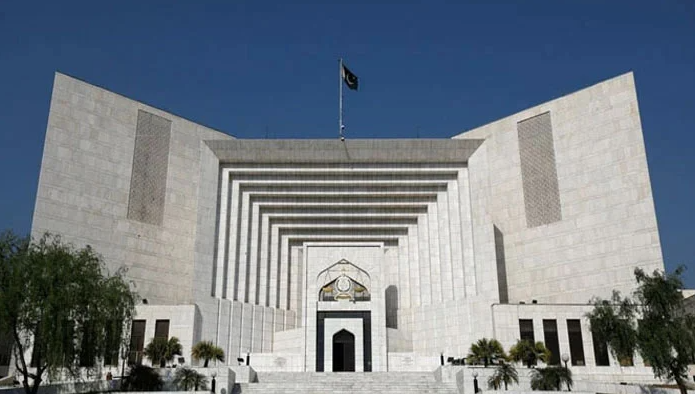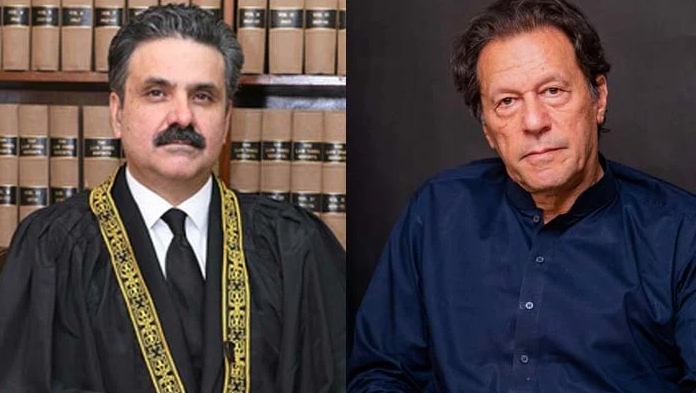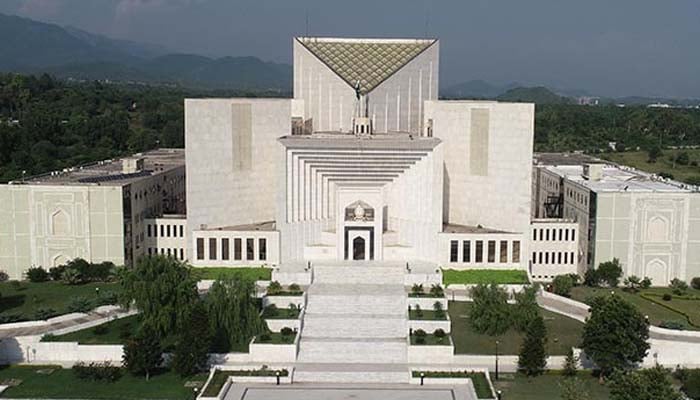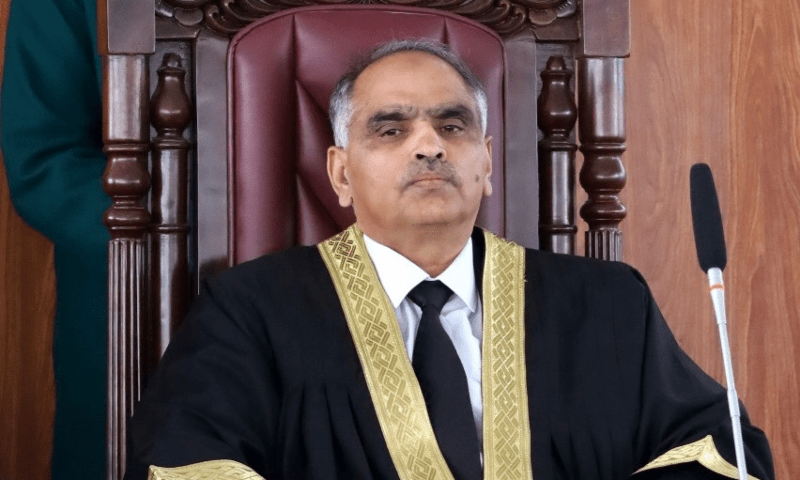LEGAL

A seven-member constitutional bench headed by Justice Aminuddin Khan convened on Tuesday to hear an intra-court appeal against military trials of civilians. Justice Hassan Azhar Rizvi expressed concerns over the rising trend of vandalism, referencing the May 9 incident involving the Corps Commanders' House.
"Breaking, burning, and surrounding properties have become fashionable these days," Justice Rizvi remarked, adding that such incidents echoed scenes from Bangladesh and Syria. He questioned whether attacks on Corps Commanders' Houses had occurred anywhere else in the world.
The proceedings involved arguments from Salman Akram Raja, counsel for convicted accused Arzam Junaid. He asserted that courts outside Clause 3 of Article 175 of the Constitution could not be established.
Justice Muhammad Ali Mazhar pointed out that initial hearings in service matters are conducted departmentally. Justice Naeem Akhtar remarked that the Constitution, established in 1973, was reviewed during the 18th Amendment. "Why ask the Supreme Court to intervene in a matter for Parliament?" he asked.
Salman Akram argued that judicial powers must be applied in sentencing, citing landmark decisions by late Justice Waqar Seth, which protected citizens' rights during martial law.
Justice Jamal Khan Mandokhel emphasized that breaking into any citizen’s home, whether common or official, was a crime.
The bench raised questions about Parliament's inactivity in legislating on matters highlighted in judicial decisions. "Parliament seems to be occupied with other tasks," Justice Mandokhel observed.
The hearing underscored critical debates on the role of military courts and the judiciary's jurisdiction in upholding civilian rights and due process. The case proceedings were adjourned for further deliberation.




